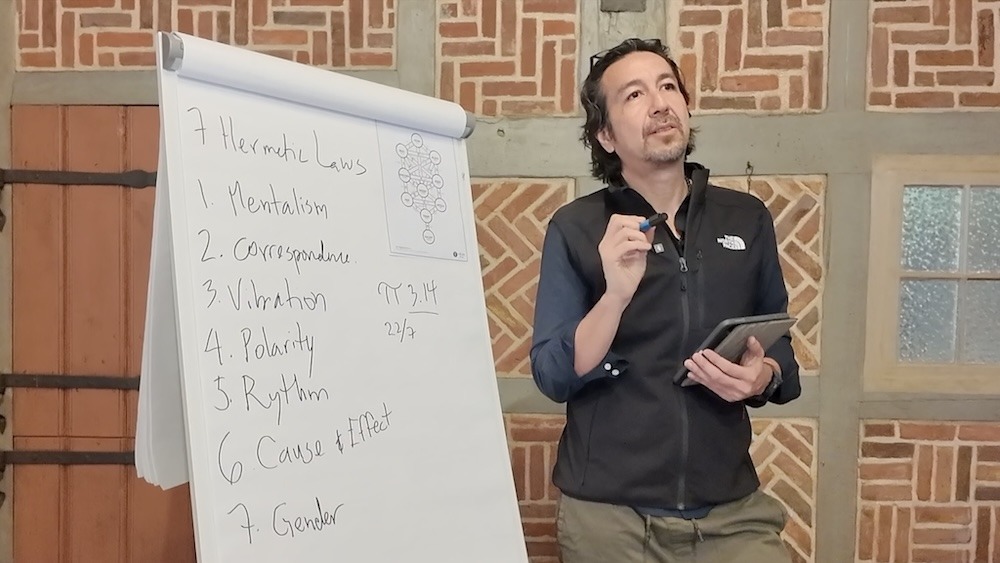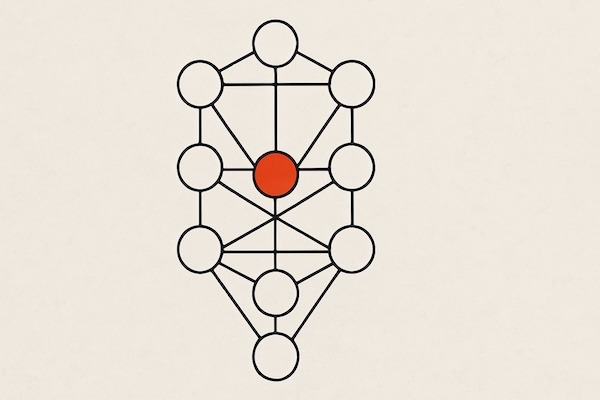Before you start reading this article, try answering these questions to yourself and reflect on them:
• Do I feel a clear sense of direction or purpose in what I do?
• Do I find it challenging to set or commit to long-term goals?
• Do I frequently feel bored or apathetic, regardless of the activity?
• Do I often feel disconnected from my emotions or struggle to identify how I feel?
• Do I feel fulfilled and content with my current life circumstances?
• Do I often think that life is meaningless or question the value of my experiences?
• Do I feel that I am living a life true to myself, or do I feel disconnected from my true self?
• Do these existential thoughts cause me distress or anxiety?
• Do I feel a sense of existential angst or a fear of the unknown?
• Do I feel emotionally connected to the people around me?
• Do I struggle to find meaningful connections or relationships?
• Do I have difficulty feeling motivated or engaged in daily activities?
If most of the answer to these questions were affirmative, you are probably experiencing existential emptiness. These questions inquire on key psychological and philosophical concepts that go deep into the root cause of existential emptiness, and are listed in the following core elements:
1. Sense of Purpose
2. Emotional and Mental State
3. Life Satisfaction and Fulfillment
4. Existential Thoughts and Concerns
5. Relationships and Social Connections
6. Motivation and Engagement
7. Avoidance and Coping Mechanisms
8. Spiritual and Philosophical Reflection
All these terms might seem very philosophical and technical, but what exactly is existential emptiness, and what can you do to address it? Let’s explore these questions in detail.
What is Existential Emptiness?
Existential emptiness is a common and often normal part of the human experience. It typically arises during moments of introspection or significant life transitions, such as adolescence, mid-life, or major changes in personal circumstances (like loss, illness, or career changes).
It is usually manifested as a profound sense of dissatisfaction and lack of meaning in life. It stems from deeper existential questions about the nature of existence, purpose, and the self. Unlike simple boredom or sadness, existential emptiness touches on fundamental concerns about life’s ultimate significance. It often arises when individuals confront the realities of their existence, such as the inevitability of death, the freedom to make choices, and the isolation of the self.
At its core, existential emptiness is about feeling disconnected from a meaningful and fulfilling life. This feeling can be unsettling and distressing, often leading to existential angst—a deep-seated anxiety about one’s place in the universe.
Dealing with Existential Emptiness
Addressing existential emptiness involves exploring and redefining your sense of purpose and connection in life. Here are some strategies to help navigate this journey:
- Seek Professional Help: Engaging with a therapist, particularly one trained in existential therapy, can provide valuable guidance. Existential therapy focuses on helping individuals confront and make sense of life’s big questions, empowering them to find personal meaning and authenticity.
- Explore Meaning and Purpose: Take time to reflect on what truly matters to you. This might involve journaling, meditation, or discussing existential topics with trusted friends or mentors. Identifying your core values and passions can help create a roadmap for a more fulfilling life.
- Engage in Meaningful Activities: Volunteering, pursuing hobbies, or participating in community groups can foster a sense of purpose and connection. These activities can provide opportunities to contribute to something larger than yourself.
- Cultivate Mindfulness: Mindfulness practices, such as meditation and deep breathing, can help you stay present and connected to your experiences. Mindfulness can also aid in accepting the uncertainties of life, which is crucial in navigating existential concerns.
- Embrace Creativity and Expression: Creative activities like writing, painting, or music can be powerful outlets for exploring and expressing your inner experiences. These activities can also help in processing complex emotions and finding personal meaning.
- Build Supportive Relationships: Strong, supportive relationships can provide comfort and perspective. Sharing your feelings with others can help alleviate feelings of isolation and provide new insights into your existential concerns.
- Spiritual Exploration: For some, exploring spiritual or religious beliefs can provide a framework for understanding existential questions. This might involve engaging with a spiritual community, reading philosophical or spiritual texts, or practicing rituals that resonate with you.
Conclusion
Existential emptiness is a common and often normal part of the human condition, especially during times of change or introspection. While it can be uncomfortable, it can also lead to significant personal growth and a deeper understanding of oneself. However, if these feelings become overwhelming or interfere with daily life, it is important to seek professional support to explore and address these concerns. Ultimately, existential emptiness can be an opportunity to re-examine one’s life and move towards greater authenticity and fulfillment.







